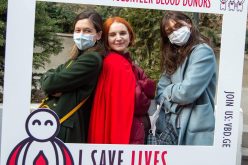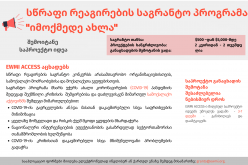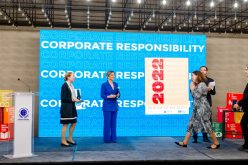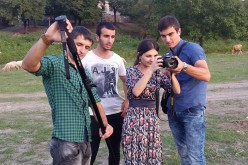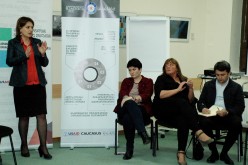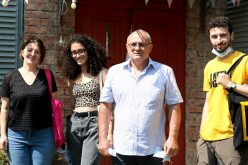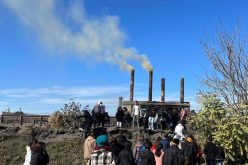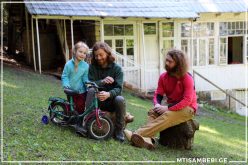ACCESS Grantee, the Journalist’s Network for Gender Equality has recently completed the project it implemented since July 2017. The project targeted all 10 regions of Georgia and aimed at identifying the priorities of local women voters in order to inform and sensitize government election candidates and decision-makers towards these issues.
 Thanks to its extensive network of local journalists and civic activists throughout the country, the Journalist’s Network for Gender Equality met with more than 1000 local women countrywide, including ethnic-minority populated regions. The meetings took place in informal settings such as harvest fields and village backyards to ensure that the women were comfortable enough to speak openly about their primary concerns. Many of them were initially confused and did not clearly understand the purpose of the meetings as they were not used to such initiatives. “No one bothers to take note of what our needs are. Due to religious considerations, we are not allowed to participate in public meetings and therefore our voices are never heard” said a woman who attended the meeting but also spoke on behalf of many others.
Thanks to its extensive network of local journalists and civic activists throughout the country, the Journalist’s Network for Gender Equality met with more than 1000 local women countrywide, including ethnic-minority populated regions. The meetings took place in informal settings such as harvest fields and village backyards to ensure that the women were comfortable enough to speak openly about their primary concerns. Many of them were initially confused and did not clearly understand the purpose of the meetings as they were not used to such initiatives. “No one bothers to take note of what our needs are. Due to religious considerations, we are not allowed to participate in public meetings and therefore our voices are never heard” said a woman who attended the meeting but also spoke on behalf of many others.
The project focused on ethnic-Azerbaijani men too. To create the most conducive environment for open talks, the Journalist’s Network for Gender Equality organized 30 discussions over the cups of tea in Chaikhanas, the places where local men meet informally. “Though there was certain resistance from men to recognize women’s needs as something different from their own needs, the fact that such discussions took place and that men started to engage with this issue is already a big step forward” said local activist and women’s rights defender Samira Bairamova, who facilitated the discussions in the Azeri language. Wide-scale awareness-raising campaigns were also held in 10 bazaars (city markets) and during the cultural and sporting events, aimed at increasing general public awareness about the local government elections and encouraging women to vote.
Once these meetings concluded, the Journalist’s Network for Gender Equality analyzed the feedback and presented the most pressing matters brought up by women to the election candidates, political parties, journalists and CSOs in 10 cities across Georgia. It soon became apparent that the vast majority of the candidates and election parties were not aware of the women-specific needs in their election precincts. Many of them pledged to consider these issues in their political programs in future. The project participants also conducted a post-election analysis on whether the elected candidates have started working on resolving some of the issues identified through the project. Many articles and blog posts on these issues are now available on the organization’s website.




